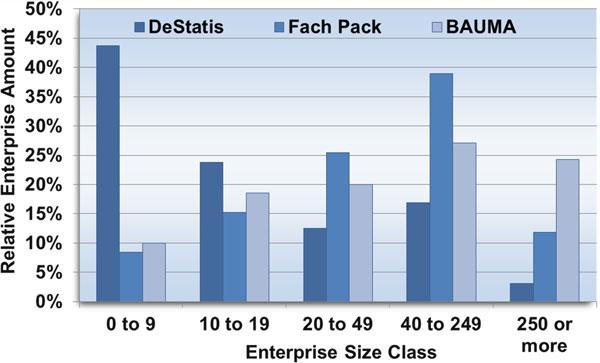
2 minute read
In Times of Economic Crisis: Innovation With, or Without
from Entrepreneurship, Innovation and Economic Crisis; Lessons for Research, Policy and Practice - 2014
the Processes of discovery, evaluation, and exploitation of Opportunities, and the set of Individuals who discover, Evaluate, and exploit them.” Consequently, the authors say (Ibid: 218), “we defi ne the fi eld of entrepreneurship as the scholarship examination of how, by whom, and with what effects opportunities to create future goods and services are discovered, evaluated, and exploited.” This concept of entrepreneurship, with different variants, is developed by many other authors (Cuervo 2005 ; Shane et al. 2003 ). In line with this approach, which emphasizes the ability to discover opportunities as the fundamental characteristic of entrepreneurship, we formulate the following hypothesis:
H1
Advertisement
Opportunity recognition ability increases entrepreneurship in a context of economic crisis. The article by Shane and Venkataraman, however, opens the door to broader considerations about entrepreneurship. Economic entrepreneurship is characterized by “the discovery and exploitation of profi table opportunities” (Shane and Venkataraman 2000 : 217), and the “new means-ends relationship” (Ibid: 220) or new combinations of factors (Schumpeter 1934 ). That is, the entrepreneur has to discover the opportunity, but must also organize the productive means to exploit it. This link between discovery and exploitation of opportunities introduces the concept of corporate entrepreneur in economic entrepreneurship. Corporate entrepreneurs, thanks to the knowledge and experience gained from the relationship with their company and industry, discover opportunities and implement their exploitation or introduce organizational innovations and means-ends relations (Hayton 2005 ; Lounsbury and Glynn 2001 ). For entrepreneurs in this corporate context, the most relevant personal characteristics are the feeling of being the author of the improved results, obsession with things that are considered important, and a tendency to develop charisma or leadership (Baum and Bird 2010 ; Cuervo 2005 ). So what characterizes entrepreneurship is not only the discovery of opportunities through innate or socially acquired conditions of individual entrepreneurs, it is also their ability to create new opportunities, manage, and implement different combinations of factors (Schumpeter 1934 ). These factors involve new combinations of innovative technologies, products, services, and markets, which lead us to formulate the second hypothesis of this research:
H2
The practice of innovation in technologies, products, and services increases entrepreneurship in a context of economic crisis. In addition to the factors expressed in our two fi rst hypotheses, knowledge and skills to start a business are considered essential in the entrepreneurship literature and research, both as individual characteristics of entrepreneurs and as a key element in the discovery of opportunities in the fi eld of corporate entrepreneurs. Experience






